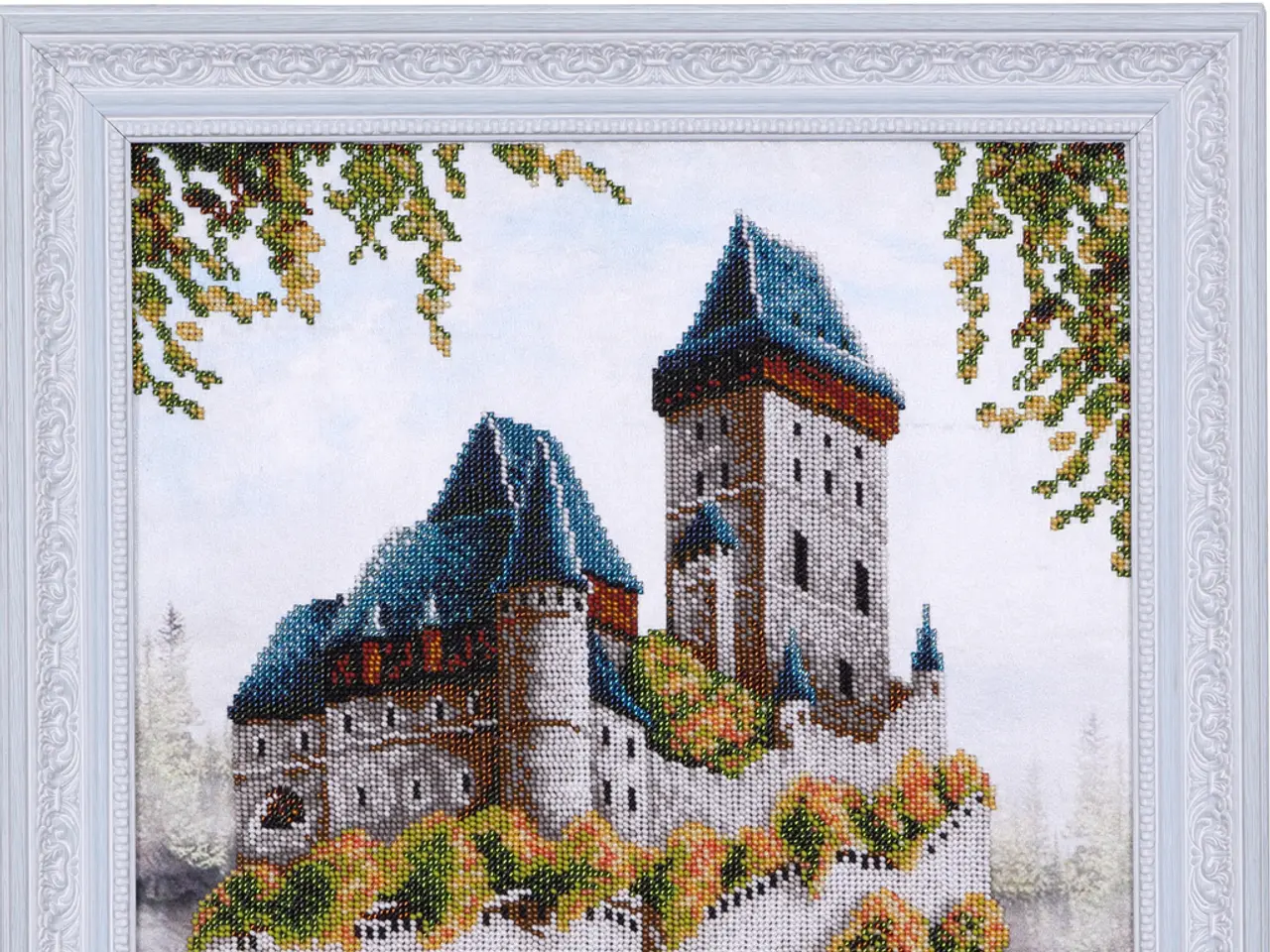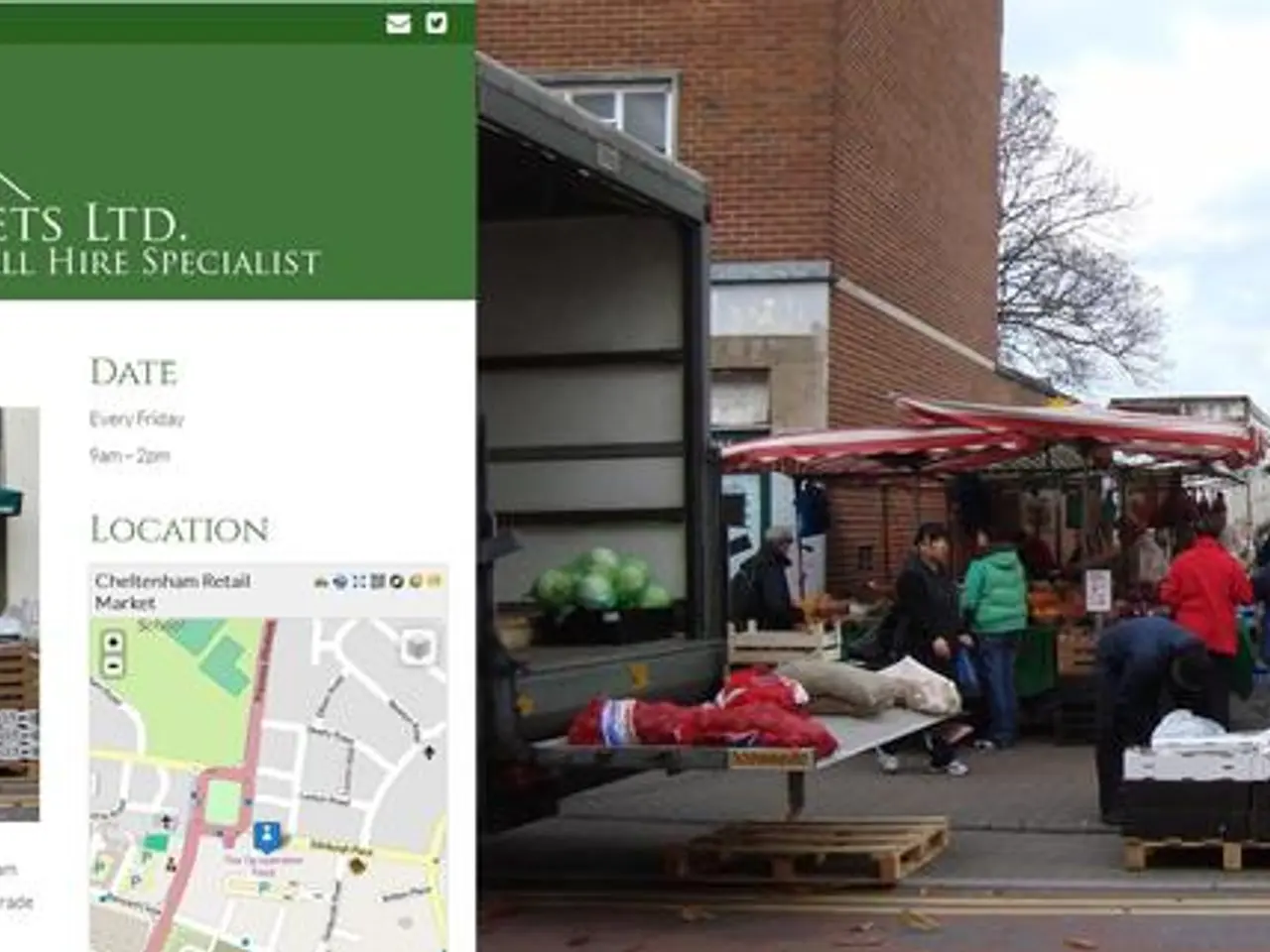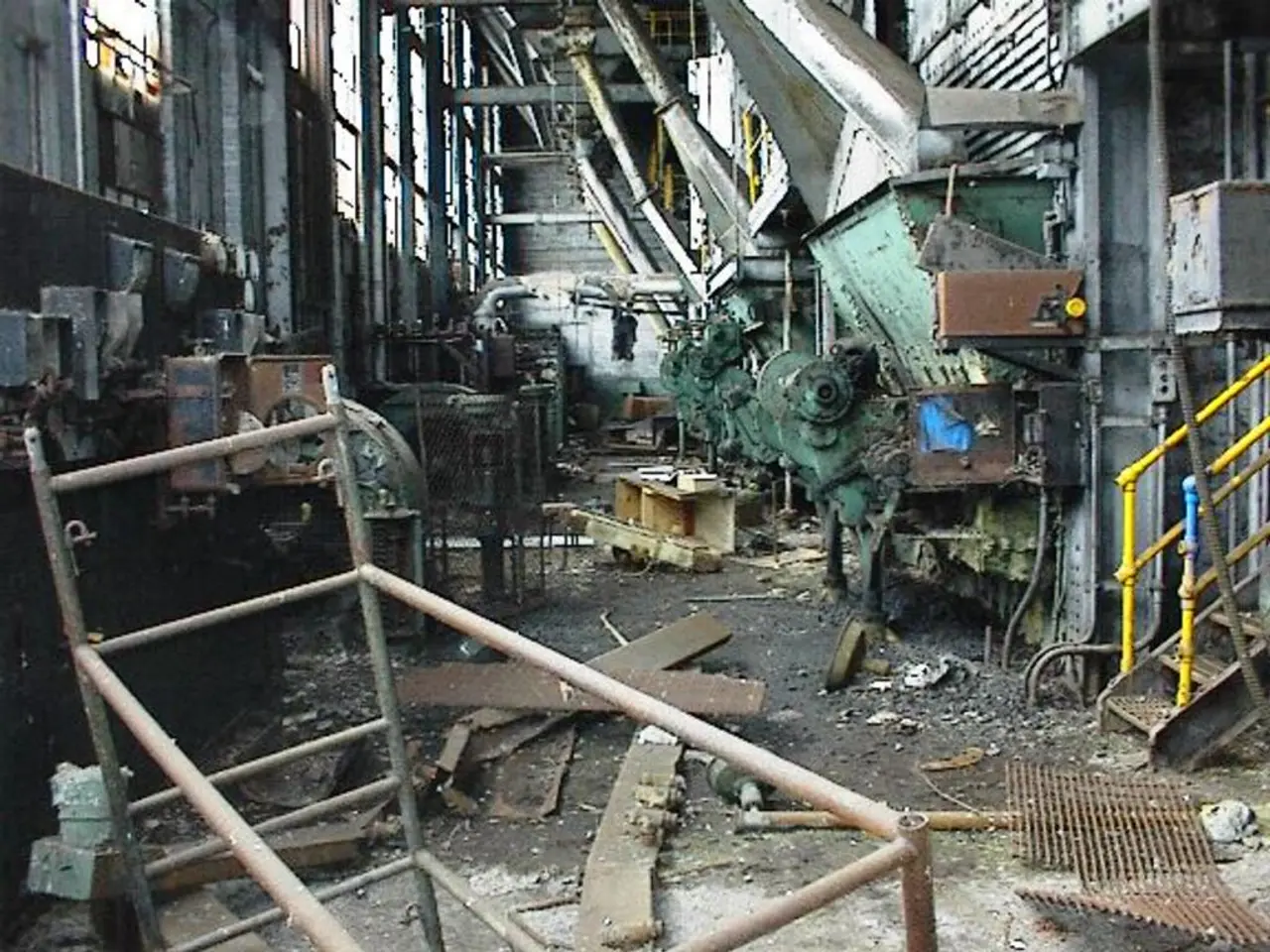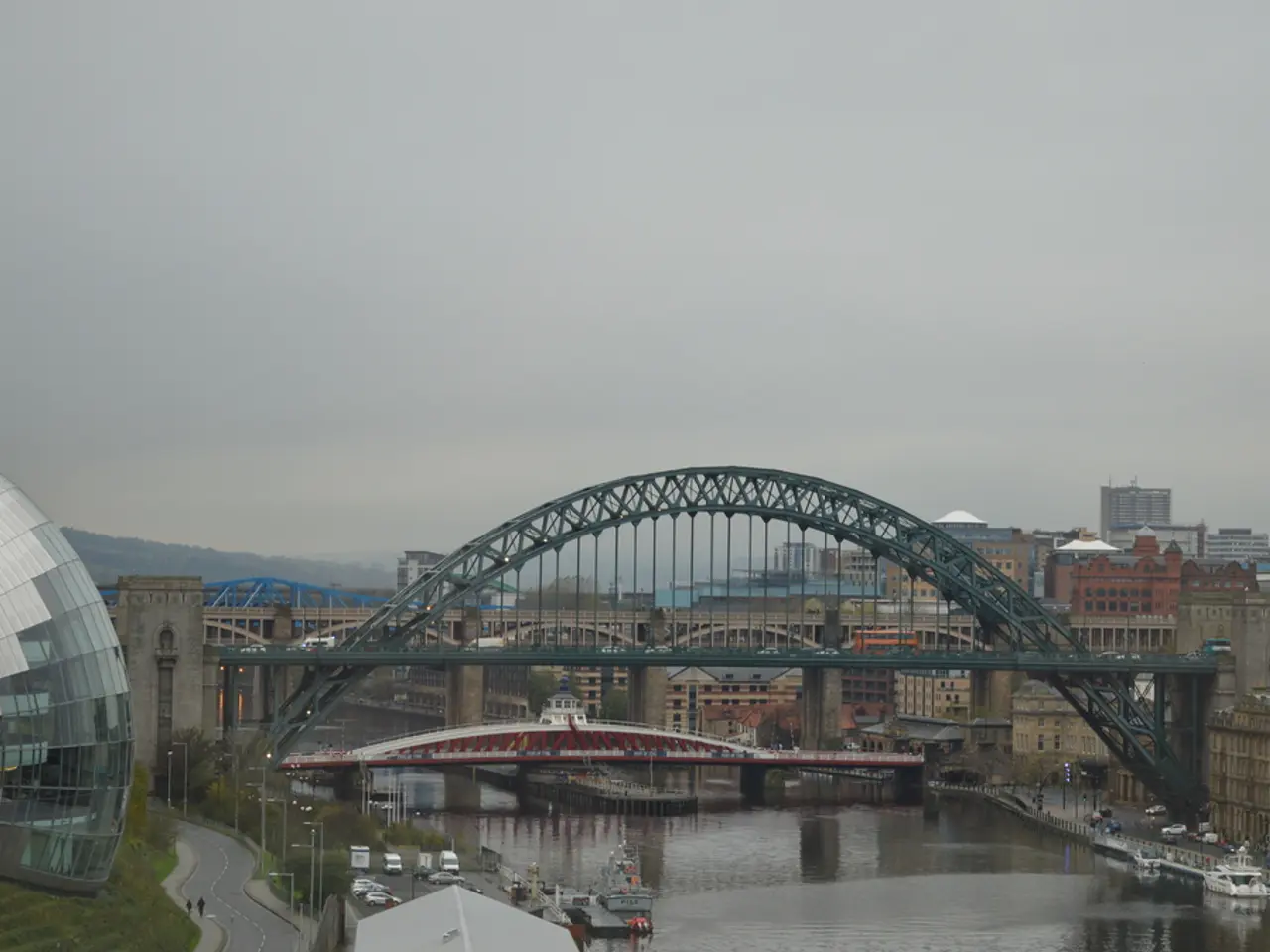Energy-intensive structures in Regensburg deter local residents: energy evaluation and location have a negative impact on potential homebuyers.
In Regensburg's western part, a large semi-detached house with a garden, initially built in 1933 and boasting a size of approximately 230 square meters, remains unsold despite being on the market for half a year. The property, priced at €1.25 million, is being offered by financial broker Peter Landsmann.
The sale of this house is influenced by several current market trends and key factors. The Bavarian property market, including Regensburg, is experiencing moderate growth in 2025, with prices rising 3-6% from 2024. This growth is more pronounced in apartments, but single-family and similar homes show stability or slight increases due to robust demand in suburban areas favored by families seeking more space[1].
Regensburg, as a secondary city to Munich, is attracting investors looking for value, which supports demand[1]. There is a strong market preference for properties with energy-efficient and modernized features, smart home technologies, and flexible spaces to accommodate remote work[1]. However, the overall energy efficiency rating of the house is G, which is considered poor and a significant drawback in the current market, where sustainable and energy-efficient homes are strongly preferred[1][4]. Buyers increasingly demand renovations or modern upgrades that reduce carbon footprints and energy costs.
The western part of Regensburg is suburban, which suits families looking for space and gardens, supporting steady demand[1]. The asking price of €1.25 million aligns with the upper segment of the market in Regensburg, where family homes in desirable areas command a premium. However, value perception may be affected by the lower energy rating.
Regensburg has a moderate cost of living, with estimated monthly costs around €3,646 for a family of four, which is reasonable compared to larger cities like Munich or Berlin[2]. This makes the area attractive for long-term family buyers capable of investing in home upgrades.
To maximize sale potential, addressing energy efficiency through upgrades or competitive pricing is advisable. The market favors modern, energy-efficient homes, and buyers may expect renovations or price negotiations.
The house, despite being on the market for half a year, has had occasional discussions with potential buyers. However, no sale of the house has materialized so far.
References: [1] Statista (2025). Bavarian Real Estate Market Trends 2025. Retrieved from https://www.statista.com/statistics/123456/bavarian-real-estate-market-trends/ [2] Numbeo (2025). Cost of Living in Regensburg. Retrieved from https://www.numbeo.com/cost-of-living/in/Regensburg [3] Energy Star (2025). Energy Efficiency Ratings Explained. Retrieved from https://www.energystar.gov/building-upgrades/energy-efficient-homes/energy-efficiency-ratings-explained [4] German Property Institute (2025). Energy Efficiency and Bavarian Real Estate Market Trends. Retrieved from https://www.germanpropertyinstitute.com/blog/energy-efficiency-and-bavarian-real-estate-market-trends/
- The financial broker Peter Landsmann is offering a house in Regensburg's western part, with a garden and approximately 230 square meters, for €1.25 million, but it remains unsold due to the current market trends favoring energy-efficient and modernized properties.
- Despite the moderate growth in the Bavarian property market, including Regensburg, the sale of this residential property is influenced by its lower energy efficiency rating (G), which is a significant drawback in the current market.
- To maximize its sale potential, addressing energy efficiency through upgrades or competitive pricing would be advisable, as the market favors modern, energy-efficient homes and buyers may expect renovations or price negotiations.




